 |
| July 21, 2020 |
Dear Reader,
Here's a glimpse of today's top stories: - A new map of the early universe has reinforced a long-running conundrum in astronomy over how fast the cosmos is expanding.
- By using a blood test, researchers were able to diagnose cancer long before symptoms appeared in nearly all the people it tested who went on to develop cancer.
- Meteorologists are making increasingly accurate weather forecasts up to four weeks out, in part because of more powerful supercomputers.
|
| | Sunya Bhutta, Senior Editor, Audience Engagement
@sunyaaa | |
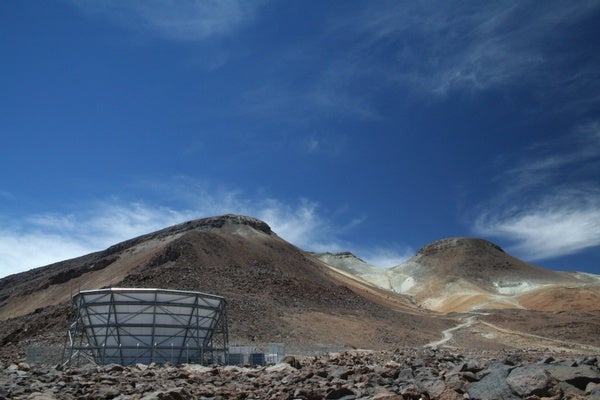 |
| |
| |
| |
| |
| Weather Accurate Weather Forecasts 28 Days Out Meteorologists are using supercomputers and the latest data about climate phenomena to predict temperature and precipitation four weeks in the future | | | | |
| |
| |
| |
| |
| Policy & Ethics Who Wants to Be a Cyborg? Philosopher Susan Schneider weighs the pros and cons of radical technological enhancement | | | | |
| |
FROM THE STORE
 | | The Rise of Humans Of all the species on Earth, why did ours rise to dominance? Previously, scientists thought many uniquely human traits resulted from sudden or brilliant adaptations, but new discoveries point to gradual processes that involve biological and social factors. In this eBook, we examine recent research on the origins of human cognitive abilities, ingenuity, language and culture as well as the advances opening doors to new hypotheses. |  | | |
| |
FROM THE ARCHIVE
 | | | |
LATEST ISSUES
 |
| |
| Questions? Comments?  | |
| Download the Scientific American App |
| |
| |



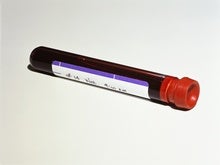



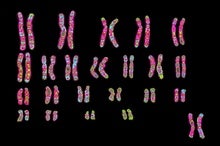





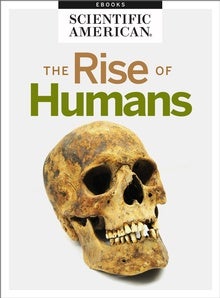


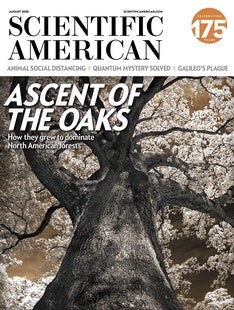

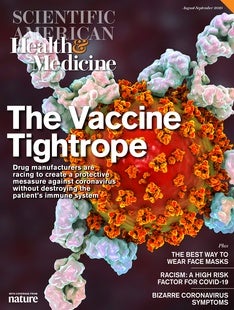
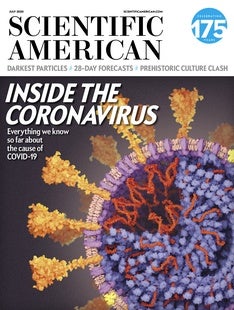
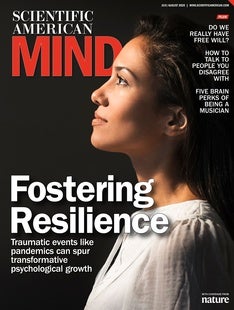



Comments
Post a Comment